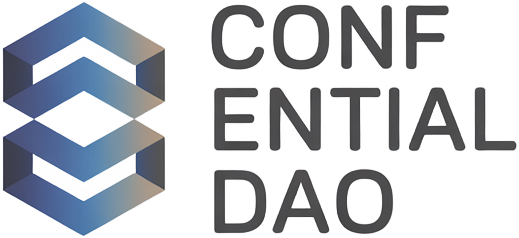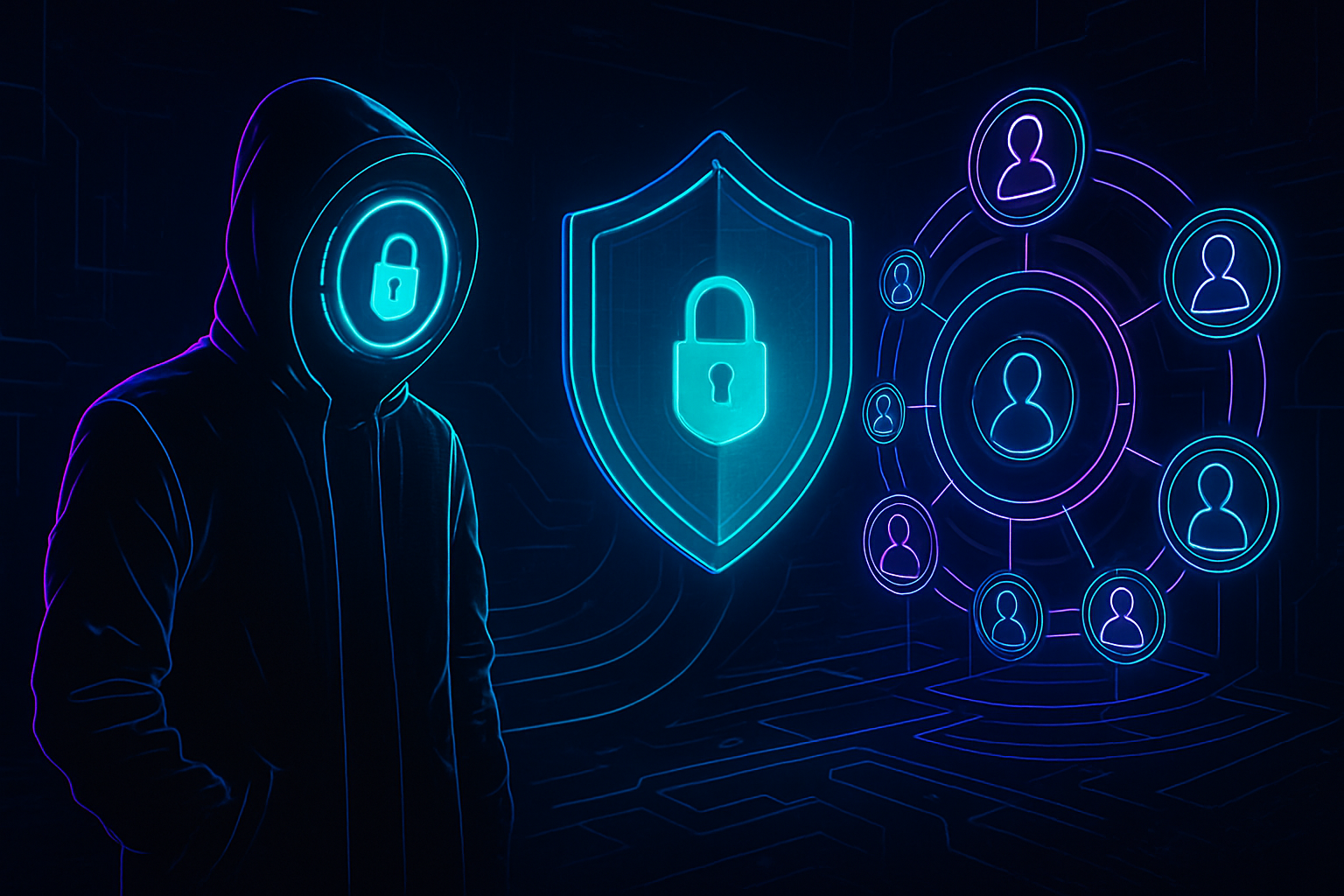
In the rapidly evolving landscape of decentralized governance, privacy-preserving on-chain identity is emerging as a cornerstone for secure and resilient DAO operations. As DAOs mature, the demand for confidentiality, robust Sybil resistance, and verifiable credentials has never been greater. The tension between transparency and privacy is at the heart of DAO governance, and the latest cryptographic innovations are finally delivering solutions that balance these competing needs.

Why Privacy Matters in DAO Governance
Traditional DAO governance models have struggled with a fundamental dilemma: how to ensure that each participant is unique and legitimate without exposing sensitive personal data. Public voting systems, while transparent, often open the door to vote buying, coercion, and herd behavior. More critically, they create a vulnerability to Sybil attacks, where malicious actors create multiple fake identities to sway decisions or drain resources.
Privacy-preserving identity frameworks, powered by zero-knowledge proofs (ZKPs) and decentralized identity (DID) systems, are now redefining what’s possible. These technologies allow DAOs to verify member eligibility and voting rights without ever revealing the underlying personal information. For example, ZKPs enable a user to prove they are a unique member or hold a certain credential without exposing their wallet address or identity details. The result: honest participation, reduced risk of manipulation, and a safer environment for all stakeholders.
How Zero-Knowledge Proofs and DIDs Enable Secure Participation
Zero-knowledge proofs have become a game-changer for private on-chain voting and Sybil attack prevention in DAOs. By leveraging ZKPs, DAOs can ensure that each vote is valid and comes from a verified participant, without ever disclosing who voted or how they voted. This not only protects voter privacy but also upholds the integrity of the governance process. The Polygon DAO’s integration with Polygon ID is a prime example: it enables sybil-resistant participation, storing only hashed data while allowing for private-by-default verification of users. Read more about Polygon DAO’s privacy-forward approach.
Decentralized Identity systems take this further by giving users full control over their credentials. Instead of relying on a central authority to manage or verify identities, DIDs empower members to selectively disclose only what’s necessary for governance participation. This not only reduces the attack surface for data breaches but also aligns with the ethos of decentralized, user-centric governance. DAOs employing DIDs can confidently prevent Sybil attacks, knowing that each credentialed participant is unique without ever needing to reveal their personal information.
Key Benefits of Privacy-Preserving Identity for DAOs
-
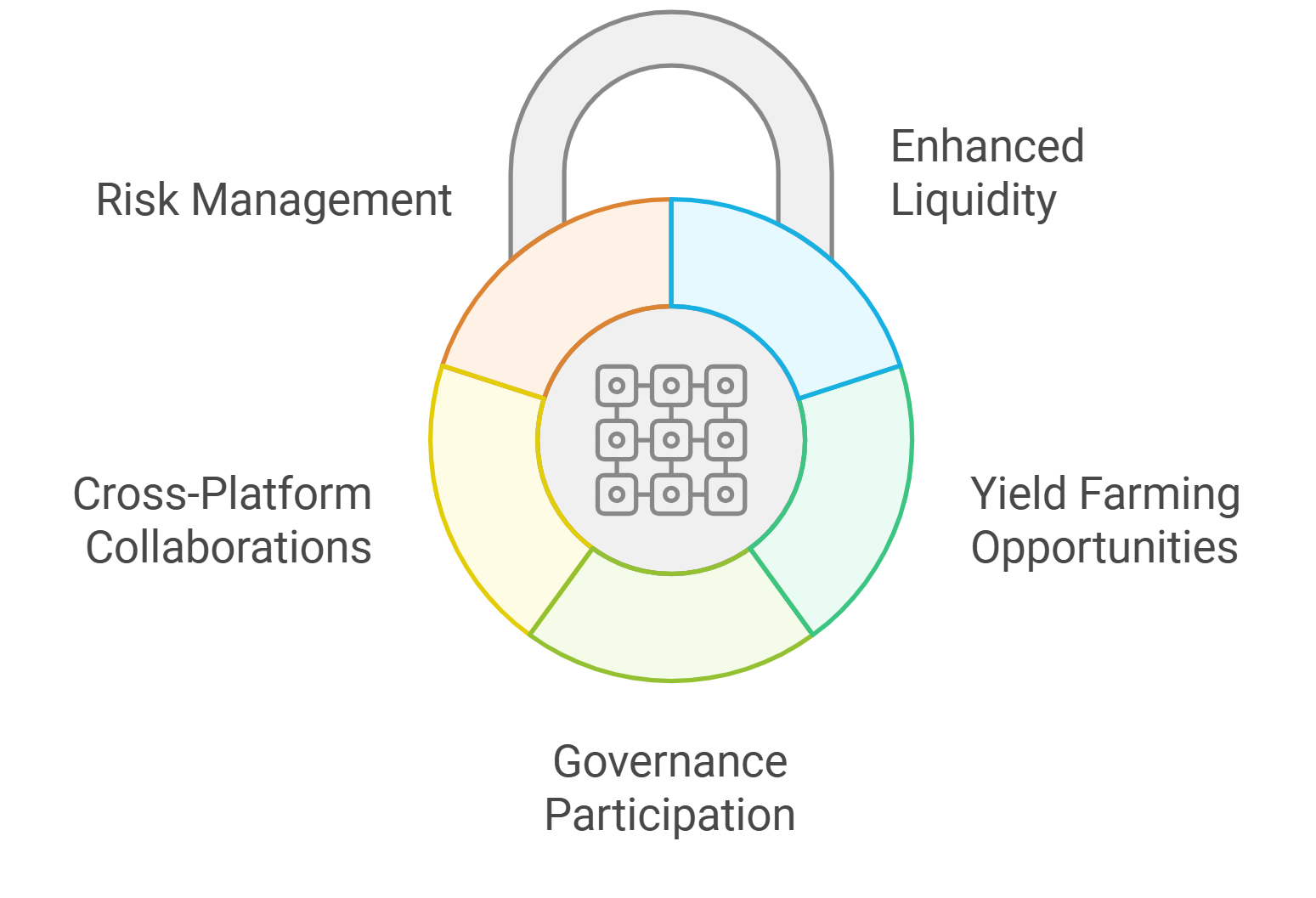
Enhanced Member Privacy: Members can participate in governance activities without revealing their personal identities, reducing risks of coercion and fostering honest, uninhibited engagement.
-
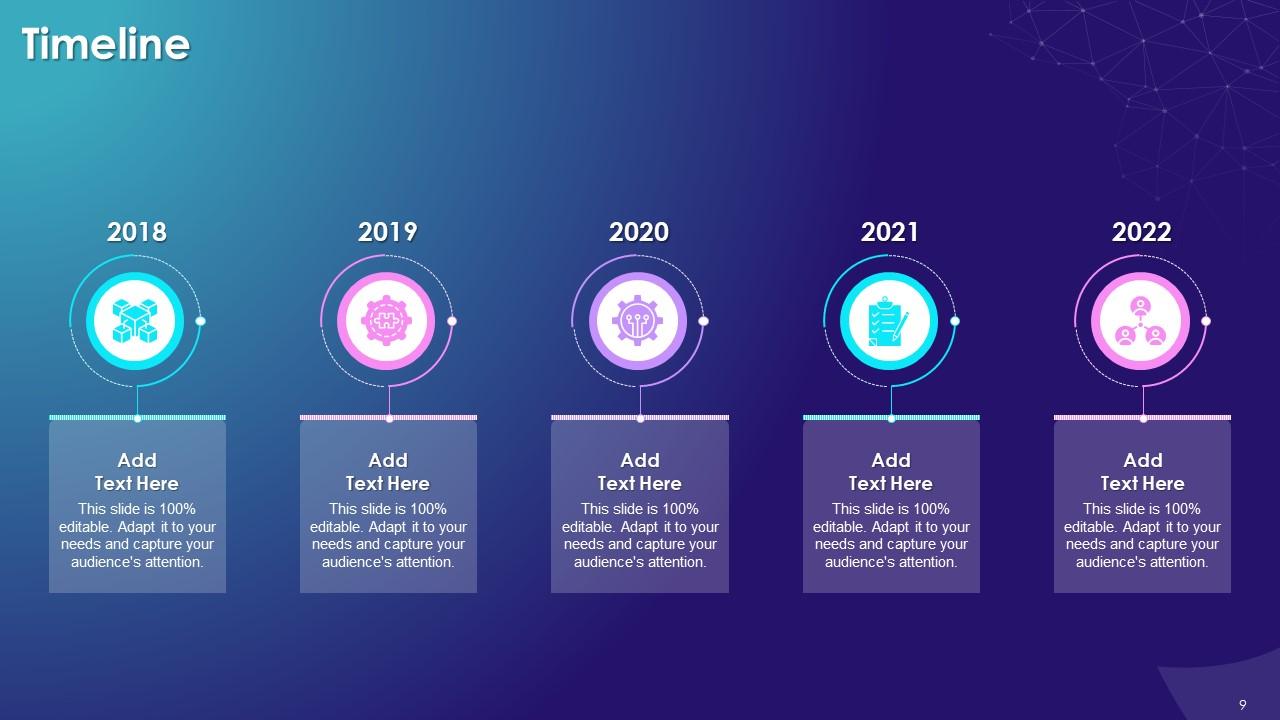
Sybil Attack Prevention: By leveraging cryptographic proofs and decentralized identity systems, DAOs can ensure each participant is unique, effectively preventing individuals from creating multiple identities to manipulate votes.
-
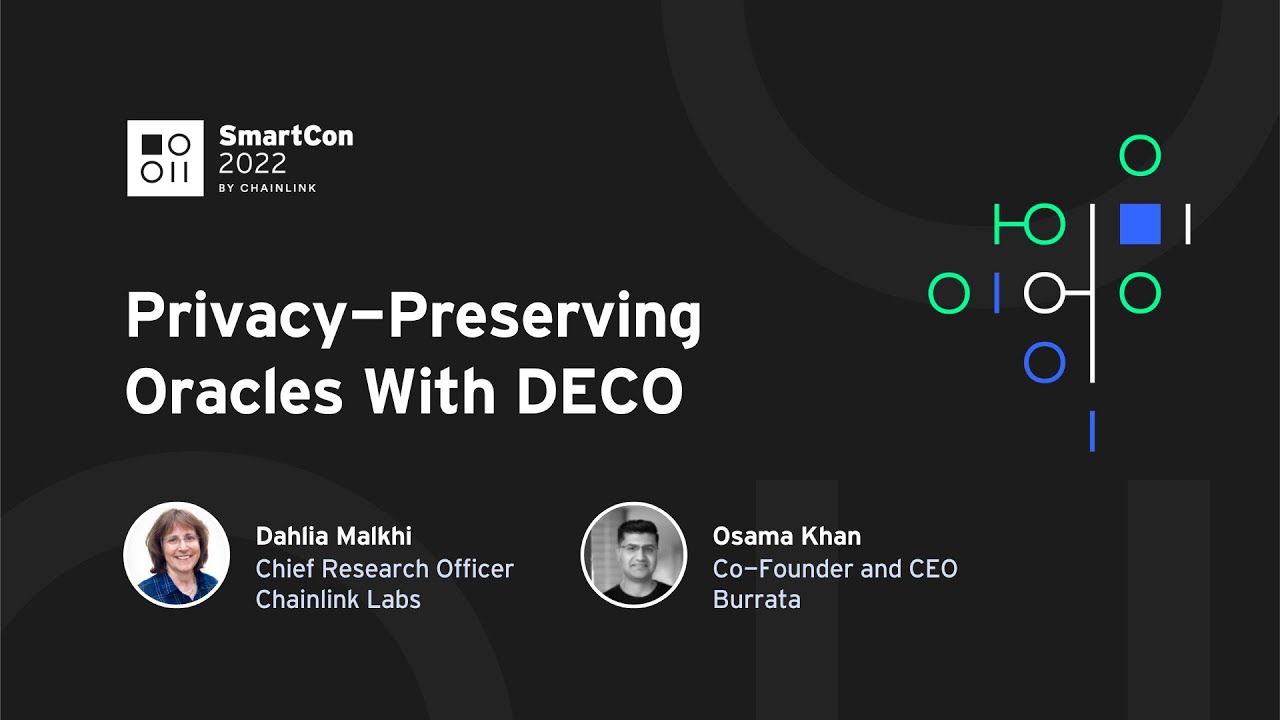
Regulatory Compliance with Data Minimization: Privacy-preserving identity solutions enable DAOs to verify user credentials for compliance purposes without storing or exposing sensitive personal data, balancing regulatory needs with member privacy.
-
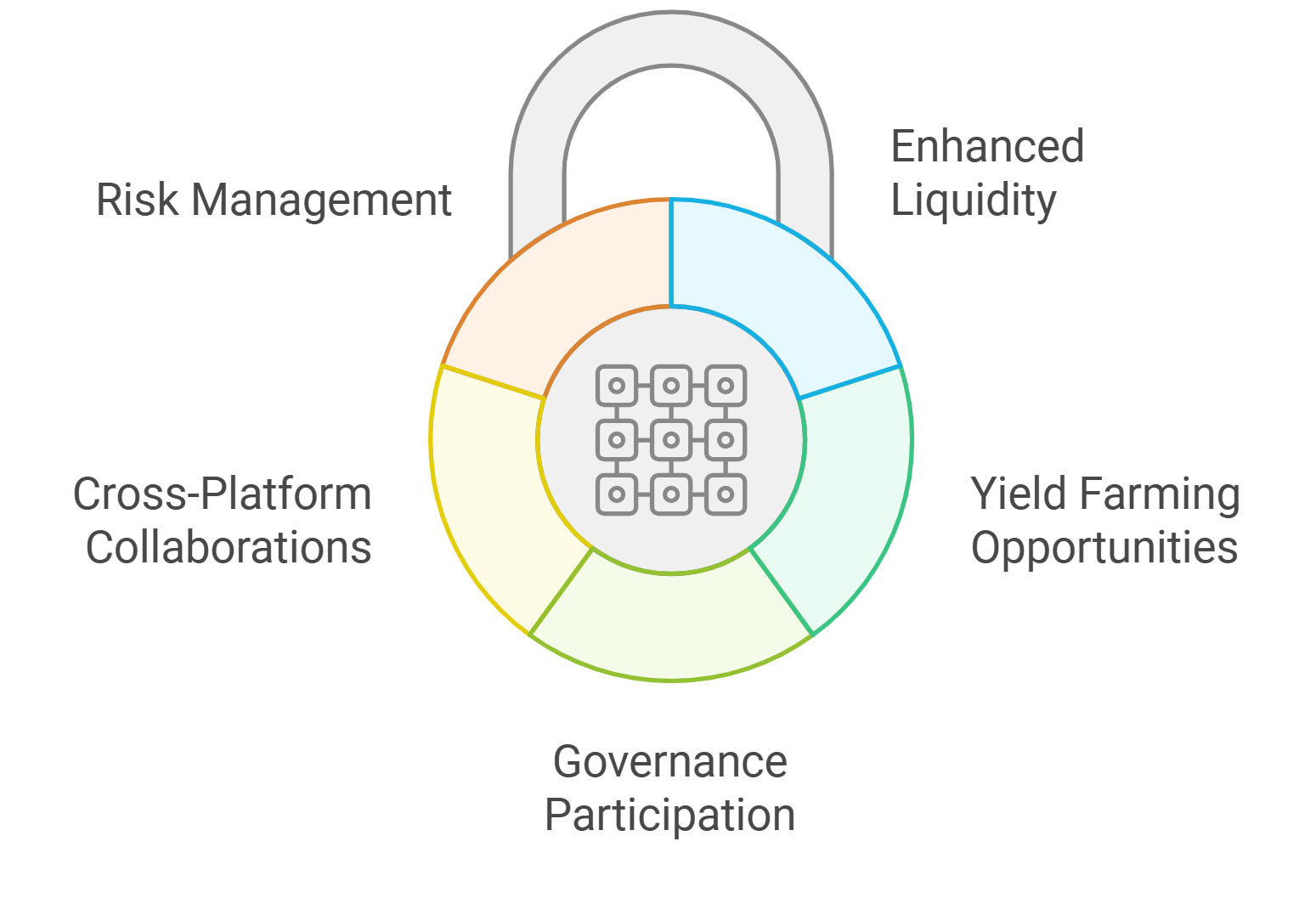
Increased Participation and Inclusivity: When members are assured of their privacy, they are more likely to engage in governance processes, leading to broader and more diverse participation.
-
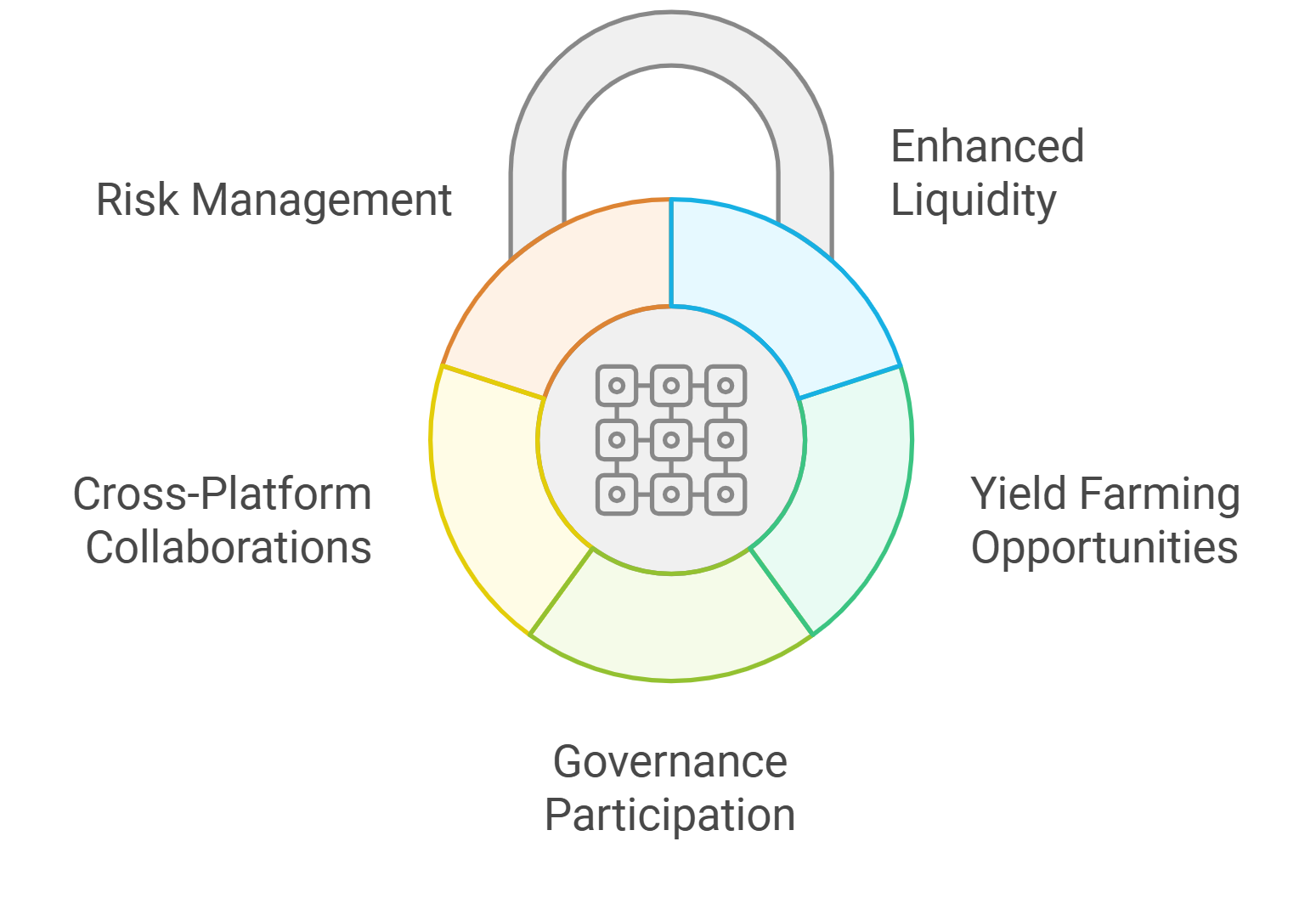
Real-World Adoption by Leading Platforms: Projects like Polygon DAO (with Polygon ID) and SubDAO and PlatON are actively integrating privacy-preserving identity solutions, demonstrating the growing adoption and effectiveness of these technologies in live DAO governance.
Real-World Collaborations and Implementations
Privacy-preserving identity isn’t just theoretical. It’s being deployed in live DAO ecosystems today. SubDAO’s collaboration with PlatON, for instance, demonstrates how privacy-forward AI networks can enhance DAO operations. By integrating member management, voting, and asset controls with PlatON’s privacy technologies, SubDAO is raising the bar for confidential decentralized governance. For a deeper dive into this partnership, see the SubDAO and PlatON announcement.
These real-world integrations are setting the standard for the next generation of DAOs, where privacy, security, and verifiable participation are not trade-offs, but coexisting pillars. The result is a more inclusive and trustworthy governance environment, where members can contribute freely without fear of exposure or manipulation.
As these privacy-preserving frameworks gain traction, the landscape of DAO governance is fundamentally shifting. The focus is no longer just on preventing bad actors, but on empowering legitimate participants to engage confidently, knowing their credentials and decisions remain confidential. This shift is especially evident in the growing adoption of verifiable credentials for DAO governance, where members can prove eligibility, reputation, or expertise without ever risking personal data leaks.
One of the most promising developments is the emergence of privacy-preserving quadratic voting systems. By leveraging decentralized identity and zero-knowledge proofs, DAOs can implement voting mechanisms that are both Sybil-resistant and fair, allowing members to express nuanced preferences while maintaining privacy. This approach not only thwarts manipulation but also nurtures a more representative and equitable form of decentralized governance. For a technical deep dive, see the recent work on anonymous voting with ZK-SNARKs.
Best Practices for Implementing Privacy-Preserving Identity in DAOs
Adopting privacy-preserving identity solutions is not plug-and-play; it requires strategic planning and a clear understanding of both technological and governance nuances. Here are some best practices for DAOs seeking to future-proof their governance frameworks:
Best Practices for Privacy-Preserving Identity in DAOs
-
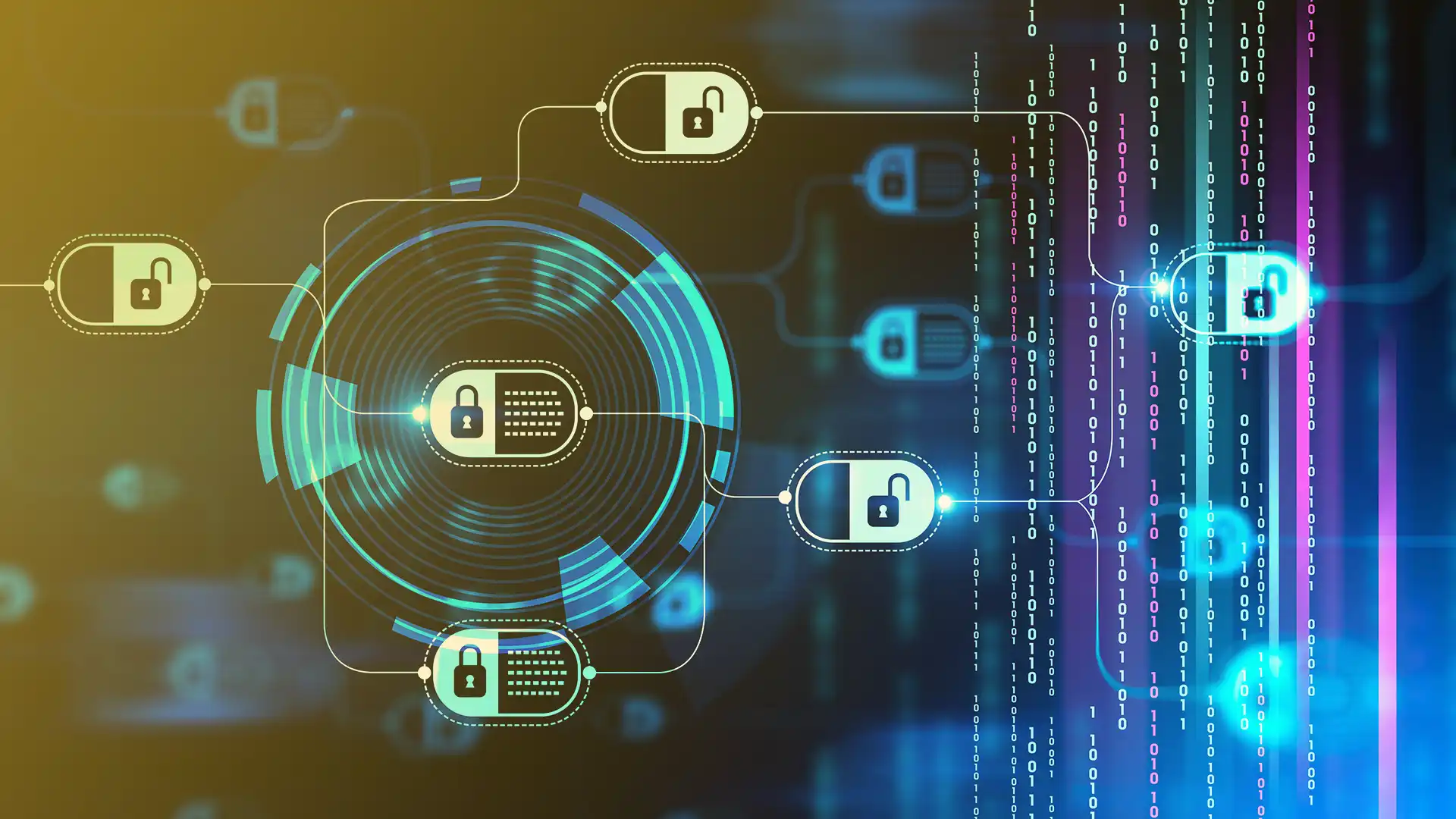
Leverage Zero-Knowledge Proofs (ZKPs) for Anonymous Verification: Implement ZKPs to enable members to prove eligibility and participate in governance without revealing personal data. This enhances privacy while ensuring verifiable participation and mitigating vote manipulation risks.
-
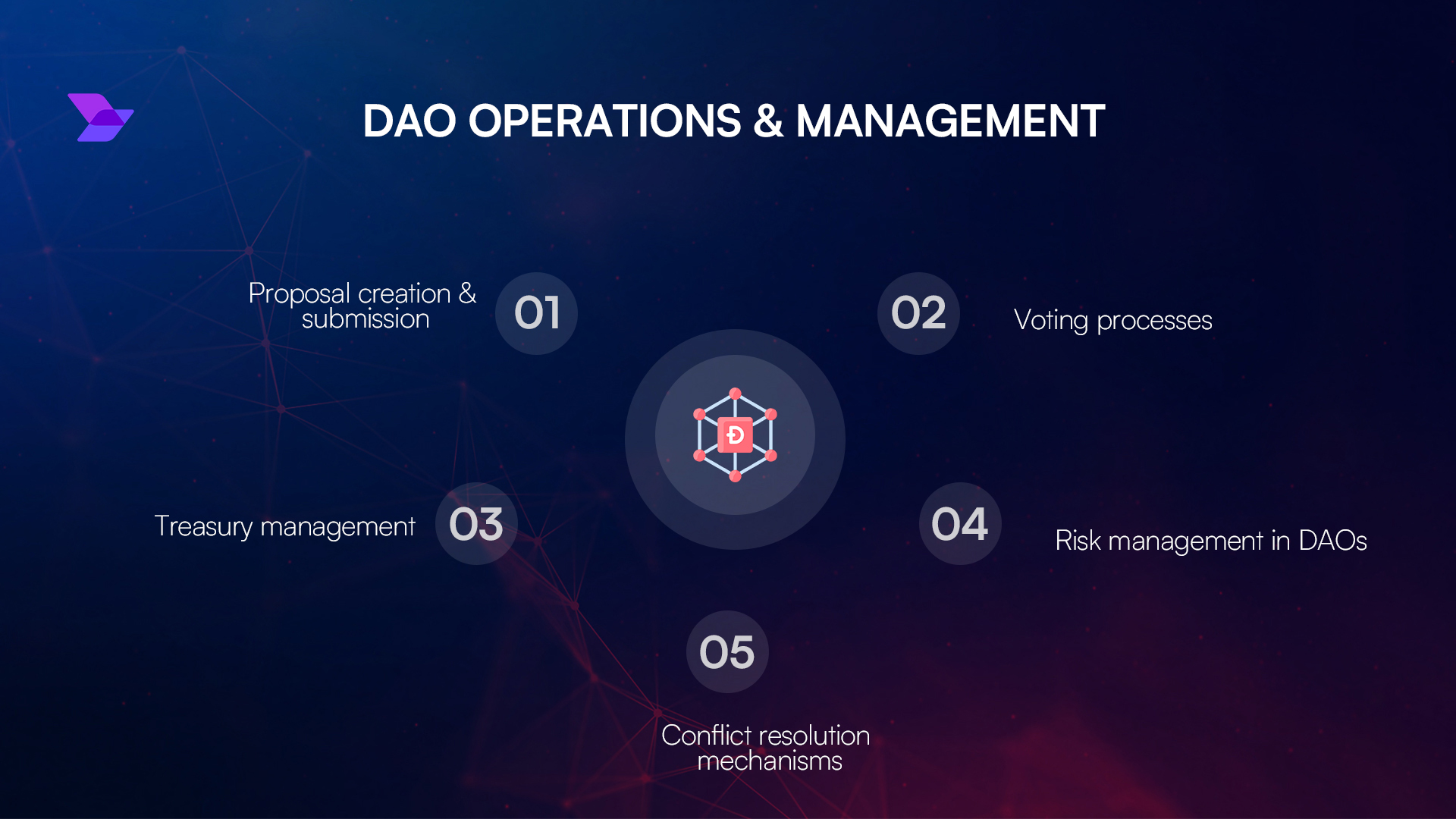
Adopt Decentralized Identity (DID) Systems: Use DID frameworks to allow members to control their own identity credentials. This reduces reliance on centralized authorities and minimizes sensitive data exposure, strengthening both privacy and security.
-
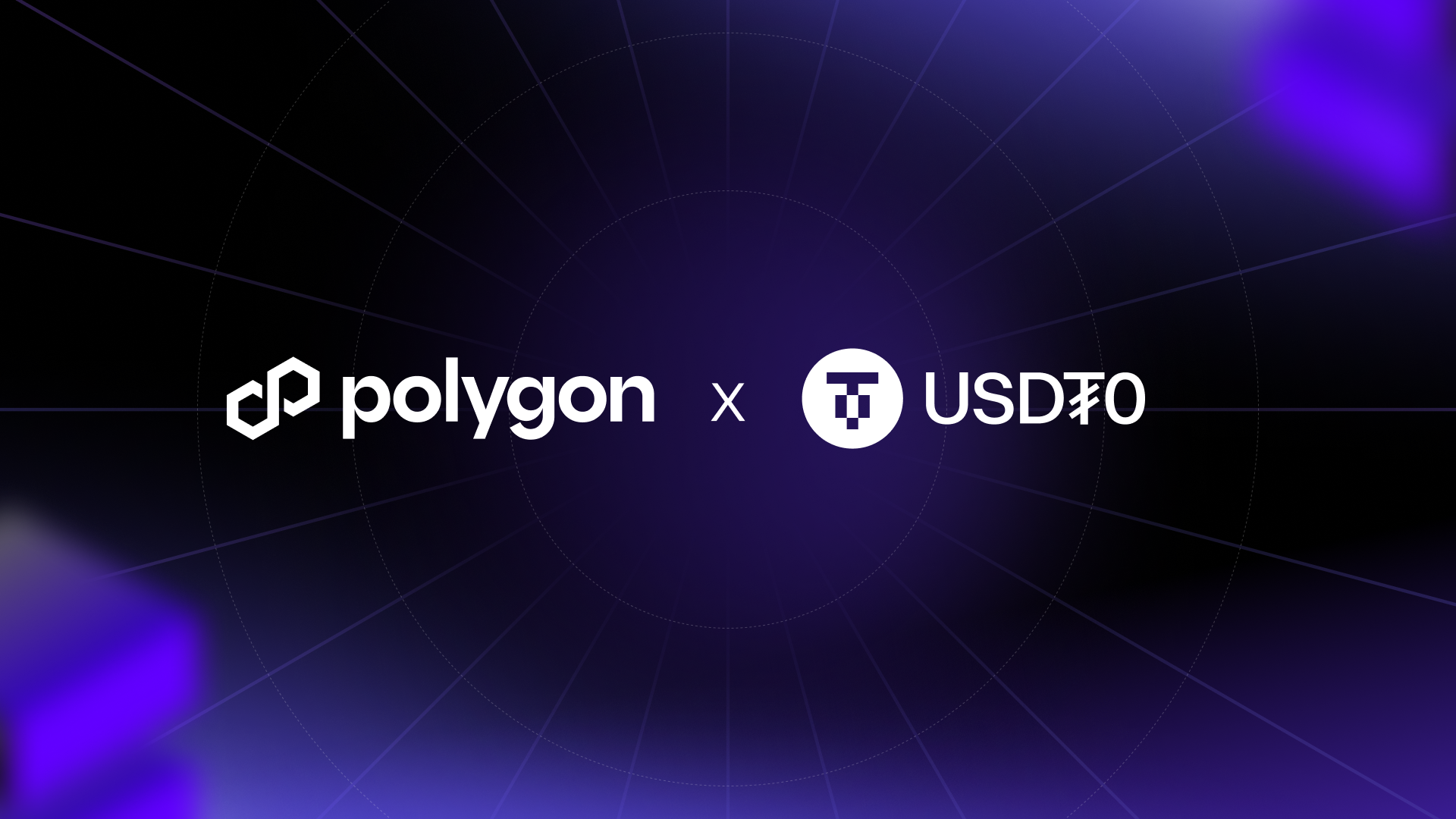
Integrate Sybil-Resistant Identity Solutions: Employ platforms like Polygon ID or Privado ID to ensure one-person-one-vote while preserving anonymity. These systems use hashed or encrypted data to verify unique identities without storing personal information.
-
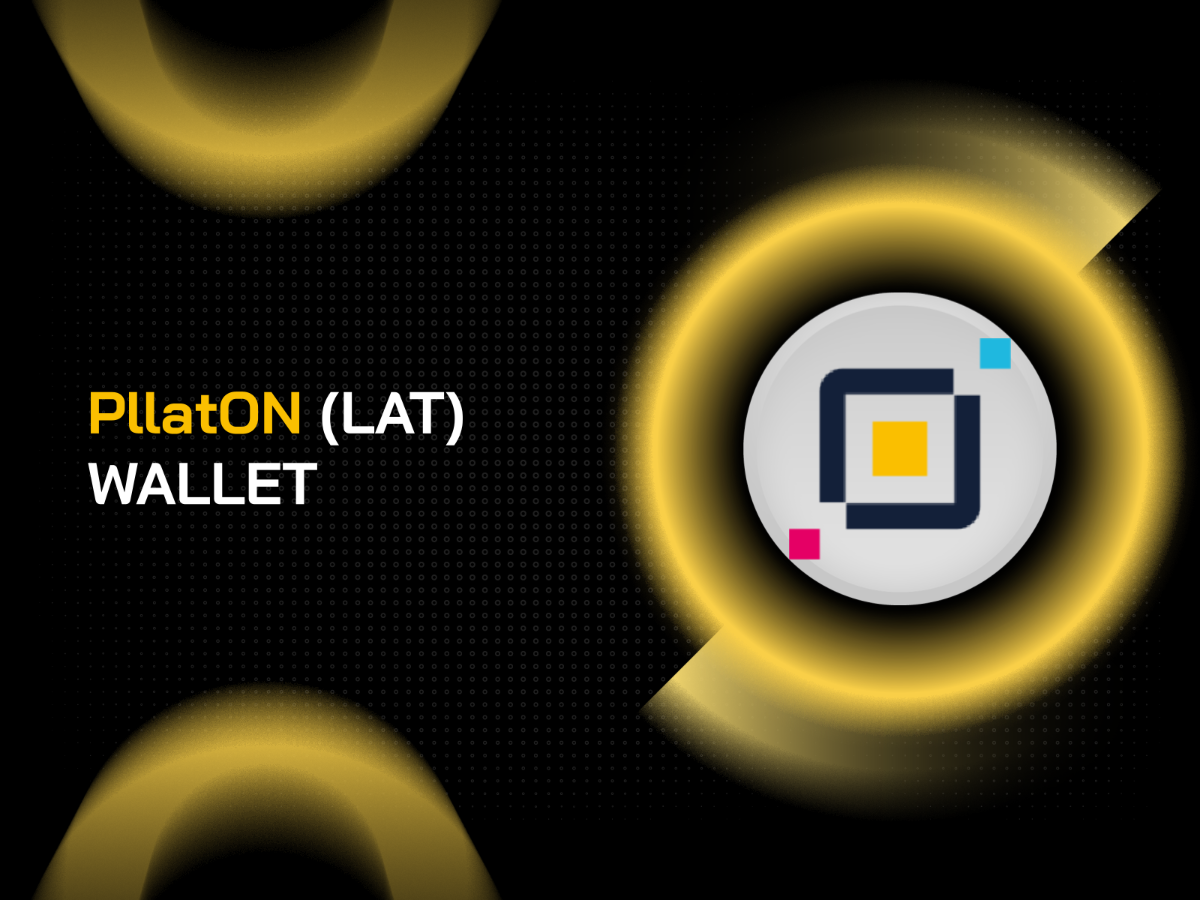
Collaborate with Privacy-Focused Infrastructure Providers: Partner with established privacy-preserving networks such as PlatON to enhance DAO tools for member management, voting, and asset control, ensuring robust privacy safeguards across operations.
-
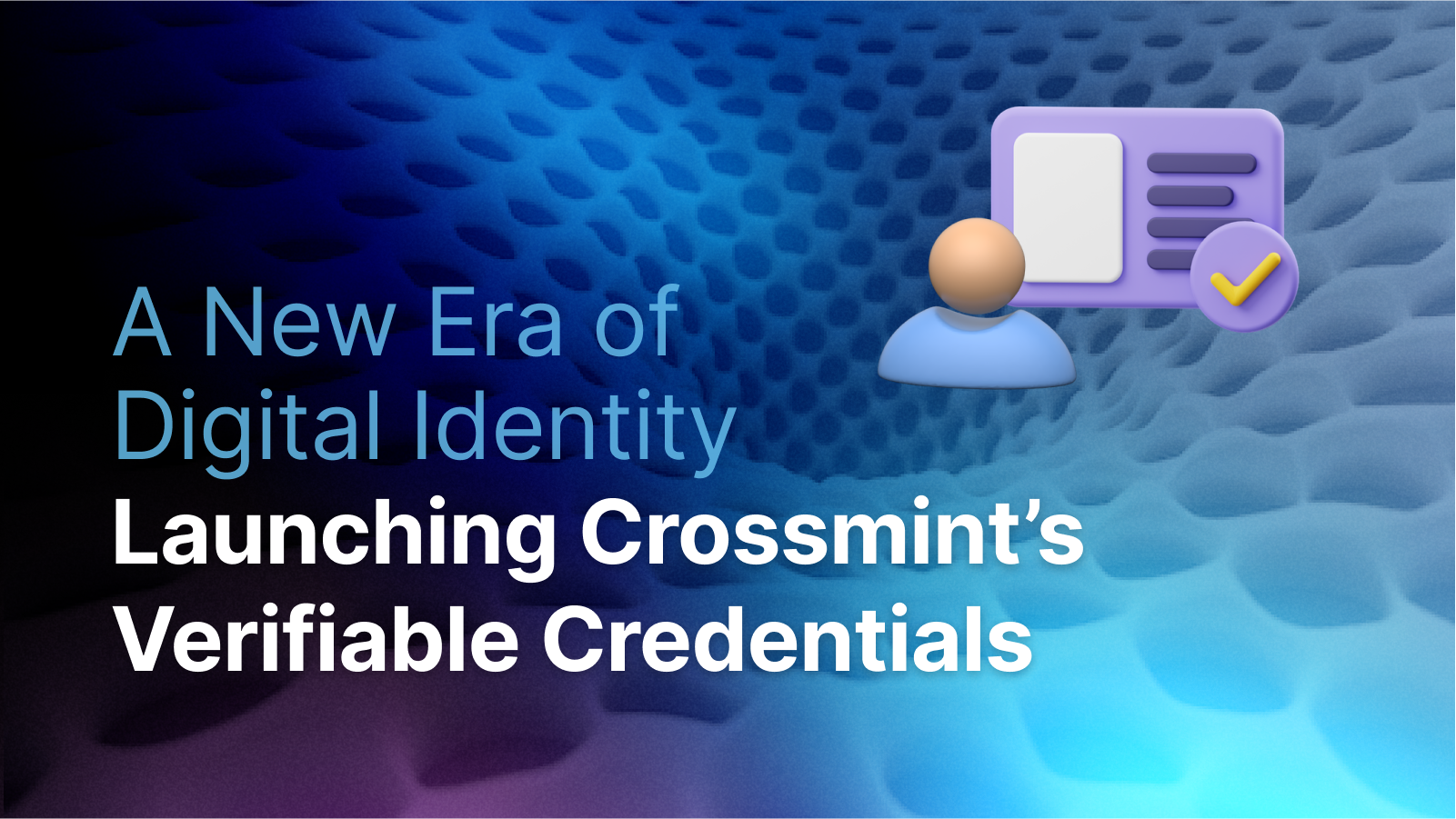
Balance Regulatory Compliance with Privacy: Implement verifiable credential systems that enable DAOs to meet compliance requirements (e.g., KYC/AML) without exposing user identities, using cryptographic proofs instead of raw data storage.
-
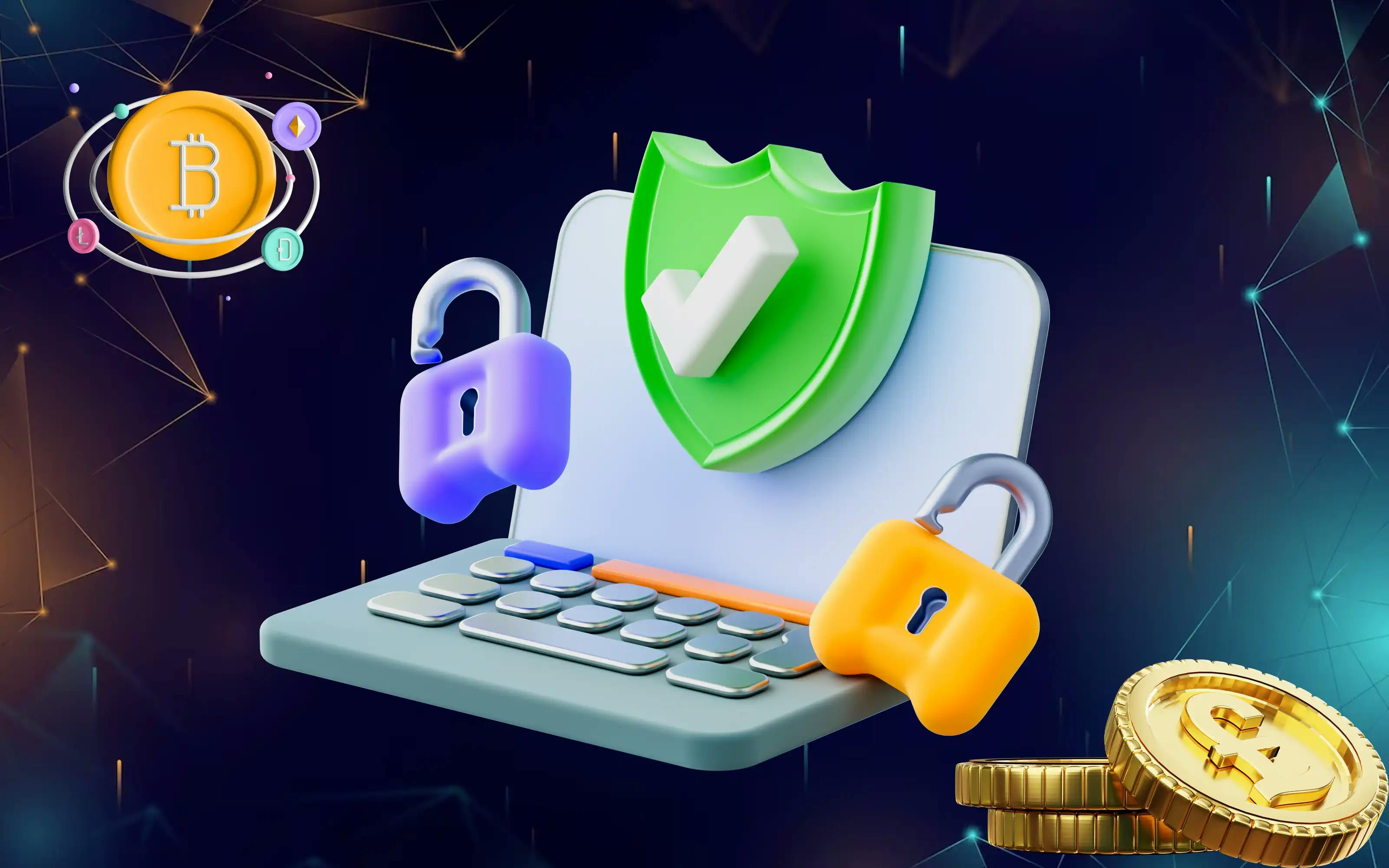
Regularly Audit and Update Identity Protocols: Conduct ongoing security and privacy audits of identity management systems to address emerging threats, maintain sybil resistance, and ensure alignment with evolving best practices.
It’s crucial to select identity frameworks that support modularity and interoperability. As the ecosystem evolves, DAOs may need to integrate with multiple identity providers or upgrade to more robust cryptographic standards. Solutions like LinkDID and idOS are at the forefront, offering key-recoverable, privacy-preserving architectures that can adapt as regulatory and technological landscapes change.
Another consideration is community education. Members must understand how their privacy is protected and what role their verifiable credentials play in governance. Transparent communication builds trust and encourages broader participation, especially among privacy-conscious contributors who might otherwise abstain from public voting systems.
The Road Ahead: Confidential Decentralized Governance
The convergence of privacy, security, and decentralized governance is unlocking new possibilities for DAOs. As regulatory scrutiny increases and the threat landscape evolves, privacy-preserving on-chain identity is not just a technical upgrade, but a strategic imperative. It enables DAOs to remain agile, compliant, and resilient while upholding the core values of decentralization and member empowerment.
Forward-thinking DAOs are already reaping the benefits: higher participation rates, reduced governance risks, and a stronger reputation for security. The next frontier lies in broader adoption, seamless user experience, and continued innovation in cryptographic tooling. For DAOs aiming to lead rather than follow, now is the time to invest in privacy-preserving identity infrastructure.
As the tools mature and best practices solidify, privacy-preserving identity will be the bedrock of confidential decentralized governance. The organizations that embrace this shift will be best positioned to thrive in an increasingly complex and privacy-conscious world.
